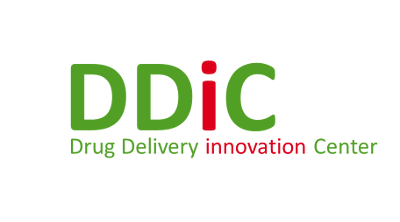F³-Factory - fast, flexible, future
Project objectives
The F³-Factory is a four year, 30m Euro (US$42m) public/private initiative focused on the development and implementation of a standardised, modular, continuous demonstrator plant that will enable European chemical producers to experiment with innovative manufacturing techniques for low to medium scale production, in order to demonstrate cleaner and more efficient chemical manufacturing technologies. F³-Factory stands for Flexible, Fast and Future Factory. The F³-Factory project has the following aims:
to deliver radical new "plug and produce" modular chemical production technology, capable of widespread implementation throughout the European chemical industry
to deliver "whole process design" methodology through the application of novel process intensification concepts and innovative decision tools such that raw materials and energy (which represent between 70 to 80 percent of manufacturing costs) are employed more economically
to demonstrate the capabilities of the F³-Factory concept with a range of existing chemical products
to deliver new manufacturing concepts that would significantly decrease process development time through the standardisation, modularisation and application of novel process intensification technologies.
INVITE's contribution
INVITE provides the Backbone-Facility for the demonstration of the F³-Factory manufacturing concepts. The demonstration area is specially designed for the operation of modularized container plants (PECs) and will therefore serve as demonstration facility to all F³-Factory partners and beyond.
Further INVITE is engaged in development and standardization of modularized process equipment.
Project partners
- Bayer Technology Services (project lead)
- Arkema
- AstraZeneca
- BASF
- Britest
- Buss-SMS-Canzler
- CNRS (LSGC)
- Coatex
- Denmark Technical University
- Ehrfeld Mikrotechnik BTS
- Institute National Polytechnique de Lorraine
- ENSIC
- Evonik
- Karlsruhe Institute of Technology
- Institute of Catalysis & Surface Chemistry PAS
- Institute of Chemical Process Fundamentals
- KTH Royal Institute of Technology
- Process Design Center
- Rhodia
- RWTH Aachen
- TU Dortmund
- Technical University Eindhoven
- University of Newcastle
- University of Paderborn
- Procter & Gamble Eurocor
- Ruhr-Universität Bochum
Funding
The research leading to these results has received funding from the European Community's Seventh Framework Programme (FP7/2007-2013) under grant agreement n° 228867
Project duration
4 years until 31.05.2013


